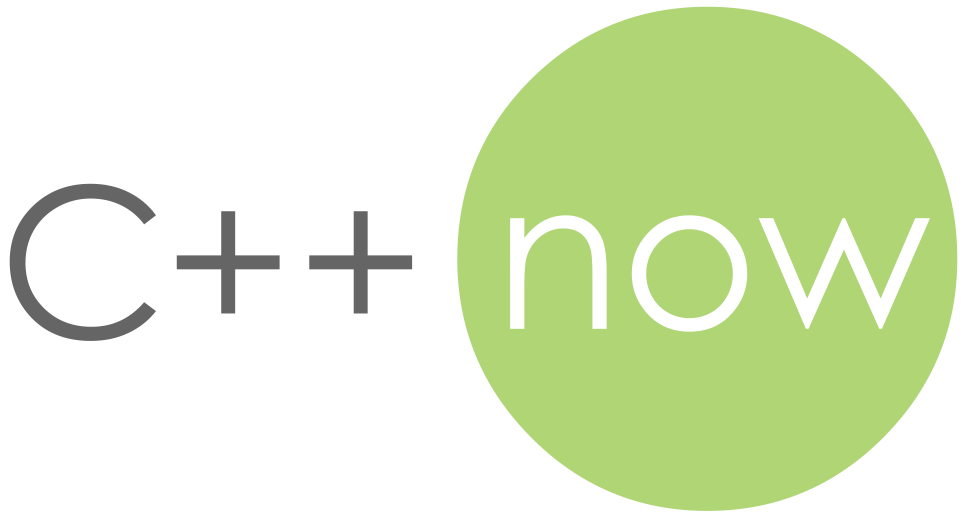CppCon opens Call for Submissions
CppCon has announced its call for submission for 2016.
![]()
Call for Submission
The deadline for submissions is May 22nd and the conference face gathering for the entire C++ community. The conference is organized by the C++ community for the community and so we invite you to present.

